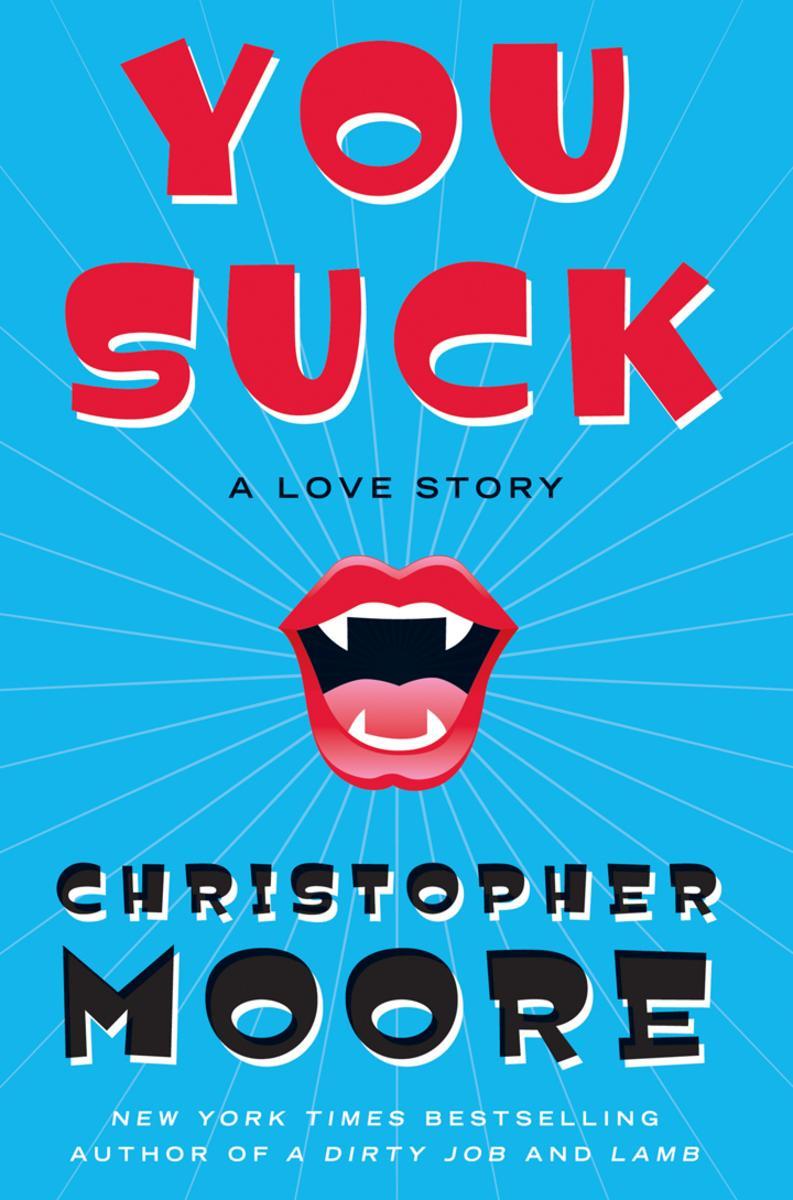
You Suck
¥78.32
Being undead sucks. Literally.Just ask C. Thomas Flood. Waking up after a fantastic night unlike anything he's ever experienced, he discovers that his girlfriend, Jody, is a vampire. And surprise! Now he's one, too. For some couples, the whole biting-and-blood thing would have been a deal breaker. But Tommy and Jody are in love, and they vow to work through their issues.But word has it that the vampire who initially nibbled on Jody wasn't supposed to be recruiting. Even worse, Tommy's erstwhile turkey-bowling pals are out to get him, at the urging of a blue-dyed Las Vegas call girl named (duh) Blue. And that really sucks.
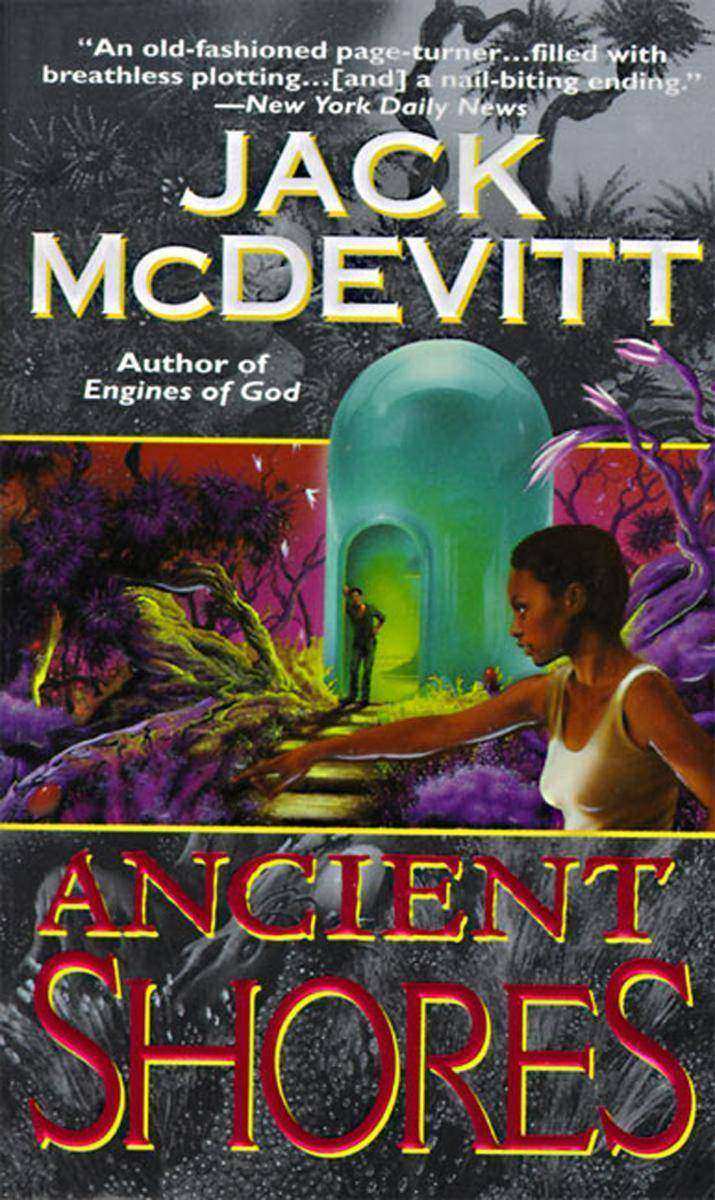
Ancient Shores
¥55.31
It turned up in a North Dakota wheat field: a triangle, like a shark's fin, sticking up from the black loam. Tom Lasker did what any farmer would have done. He dug it up. And discovered a boat, made of a fiberglass-like material with an utterly impossible atomic number. What it was doing buried under a dozen feet of prairie soil two thousand miles from any ocean, no one knew. True, Tom Lasker's wheat field had once been on the shoreline of a great inland sea, but that was a long time ago -- ten thousand years ago.A return to science fiction on a grand scale, reminiscent of the best of Heinlein, Simak, and Clarke, Ancient Shores is the most ambitious and exciting SF triumph of the decade, a bold speculative adventure that does not shrink from the big questions -- and the big answers.
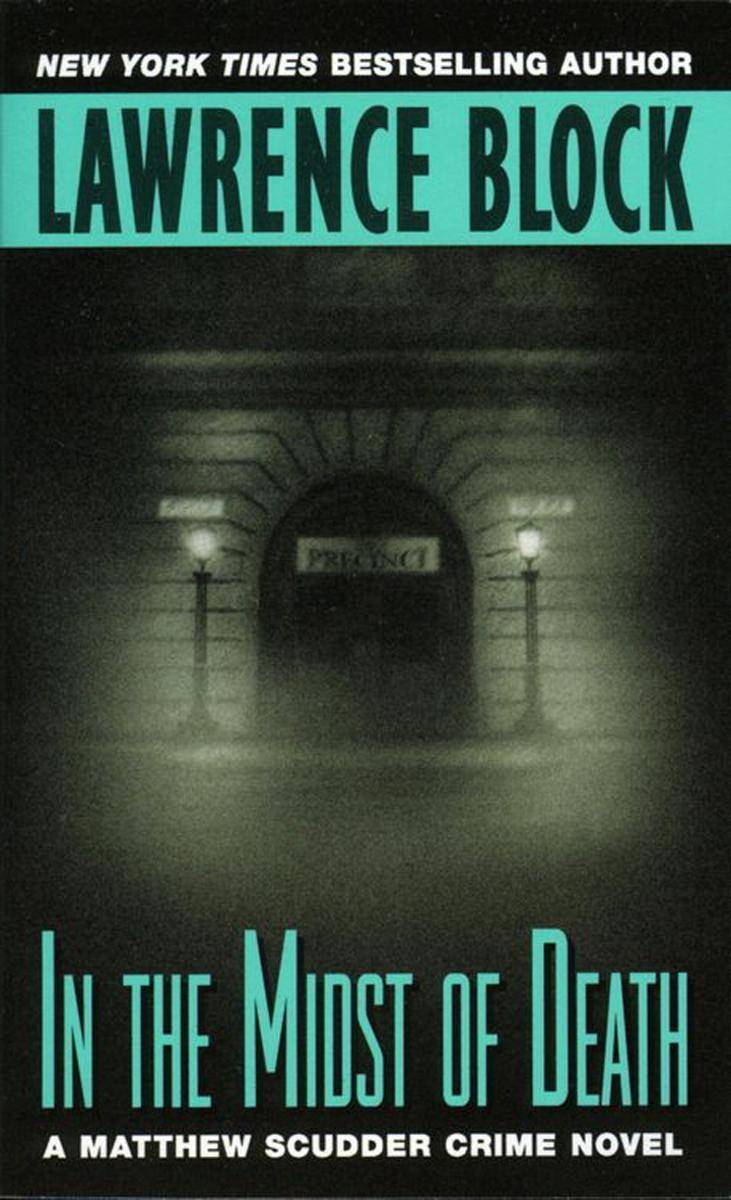
In the Midst of Death
¥55.31
Bad cop Jerry Broadfield didn't make any friends on the force when he volunteered to squeal to an ambitious d.a. about police corruption. Now he'saccused of murdering a call girl. Matthew Scudder doesn't think Broadfield's a killer, but the cops aren't about to help the unlicensed p.i. prove it -- and they may do a lot worse than just get in his way.
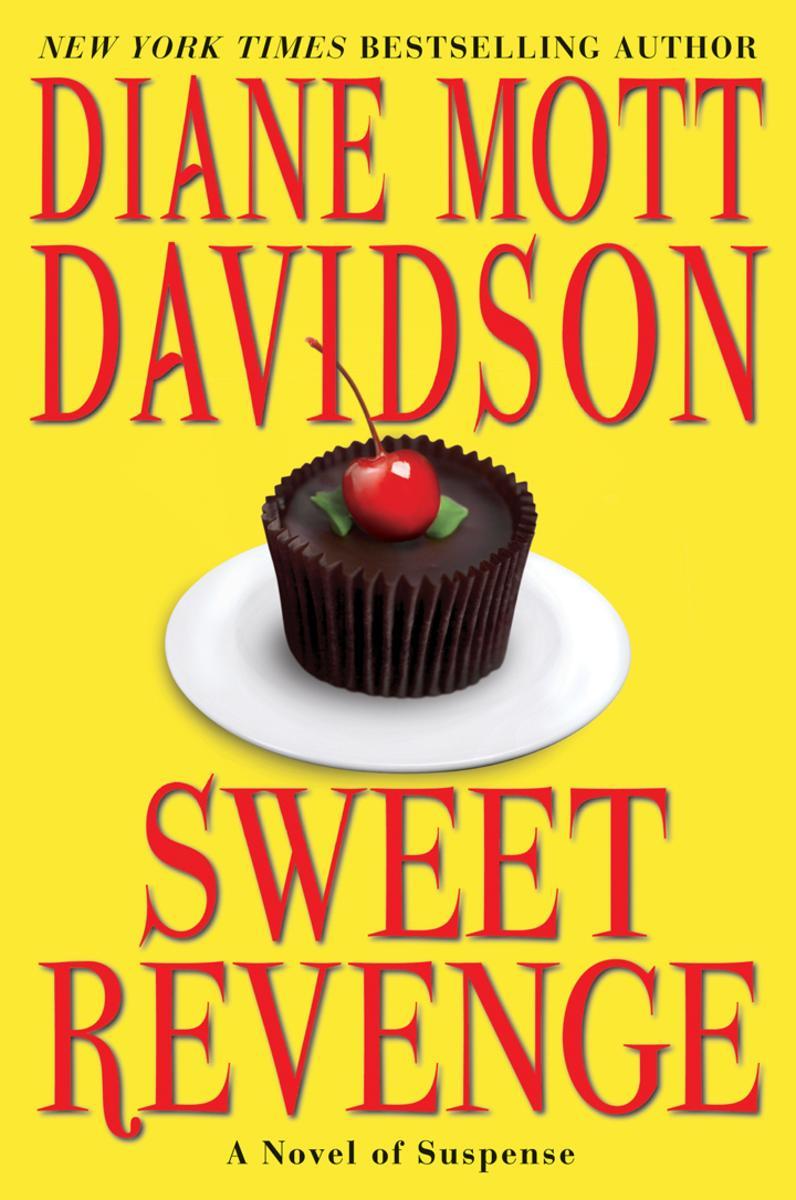
Sweet Revenge
¥55.31
Goldy Schulz is thrilled to be catering a holiday breakfast feast for the staff of the Aspen Meadow Library. But little does she know that on the menu, alongside the Great Expectations Grapefruit, Chuzzlewit Cheese Pie, and Bleak House Bars, is a large helping of murder.While setting up at the library, Goldy spots a woman lurking in the stacks who bears a striking resemblance to Sandee Brisbane—the Sandee Brisbane who killed Goldy's ex-husband, the Jerk. But Sandee is supposed to be dead. Or so everyone believes.Goldy's suspicions mount when the body of Drew Wellington, a former district attorney, is found in a corner of the library with a map worth thousands of dollars stashed in his clothing. She's convinced that Sandee is involved.But the holiday madness is only just beginning for Goldy. Soon she's drawn into the dangerous, double-crossing world of high-end map dealing. And like the ghost of Christmas past, Sandee keeps making an appearance. Could she be out to prove that revenge is sweet?
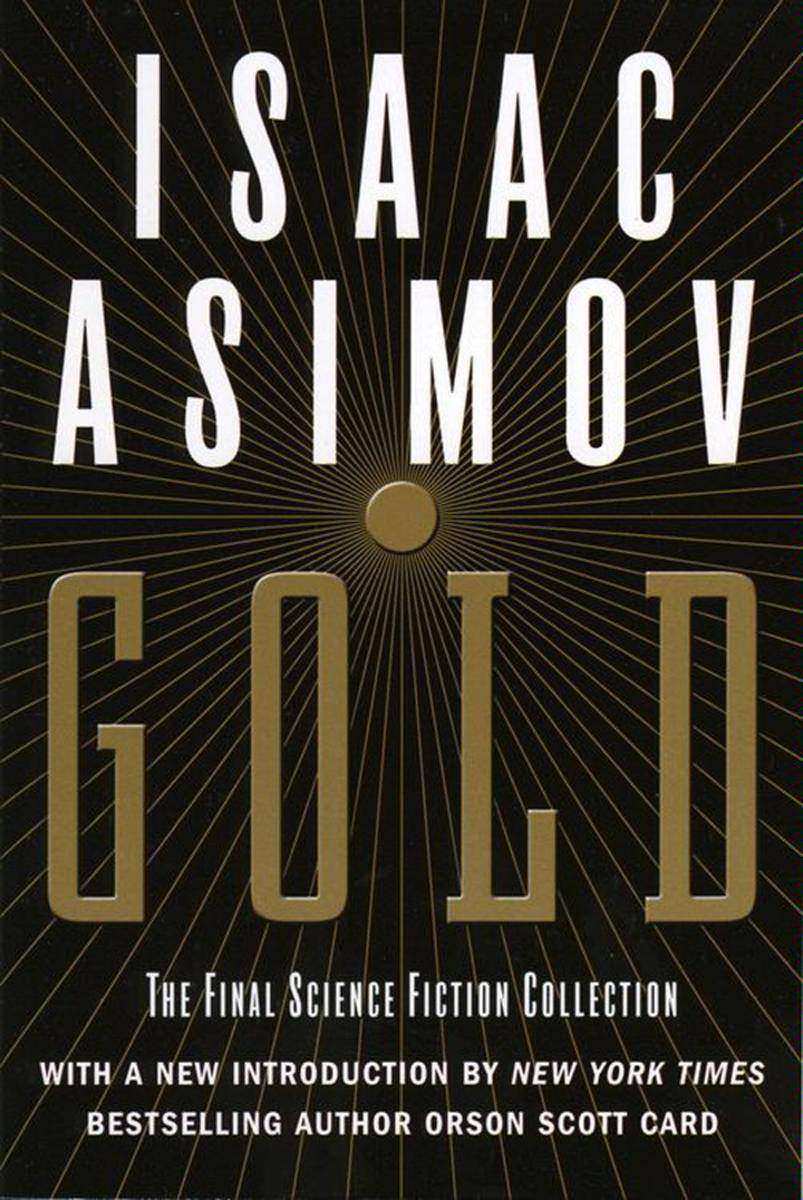
Gold
¥88.56
Gold is the final and crowning achievement of the fifty-year career of science fiction's transcendent genius, the world-famous author who defined the field of science fiction for its practitioners, its millions of readers, and the world at large.The first section contains stories that range from the humorous to the profound, at the heart of which is the title story, "Gold," a moving and revealing drama about a writer who gambles everything on a chance at immortality: a gamble Asimov himself made -- and won. The second section contains the grand master's ruminations on the SF genre itself. And the final section is comprised of Asimov's thoughts on the craft and writing of science fiction.
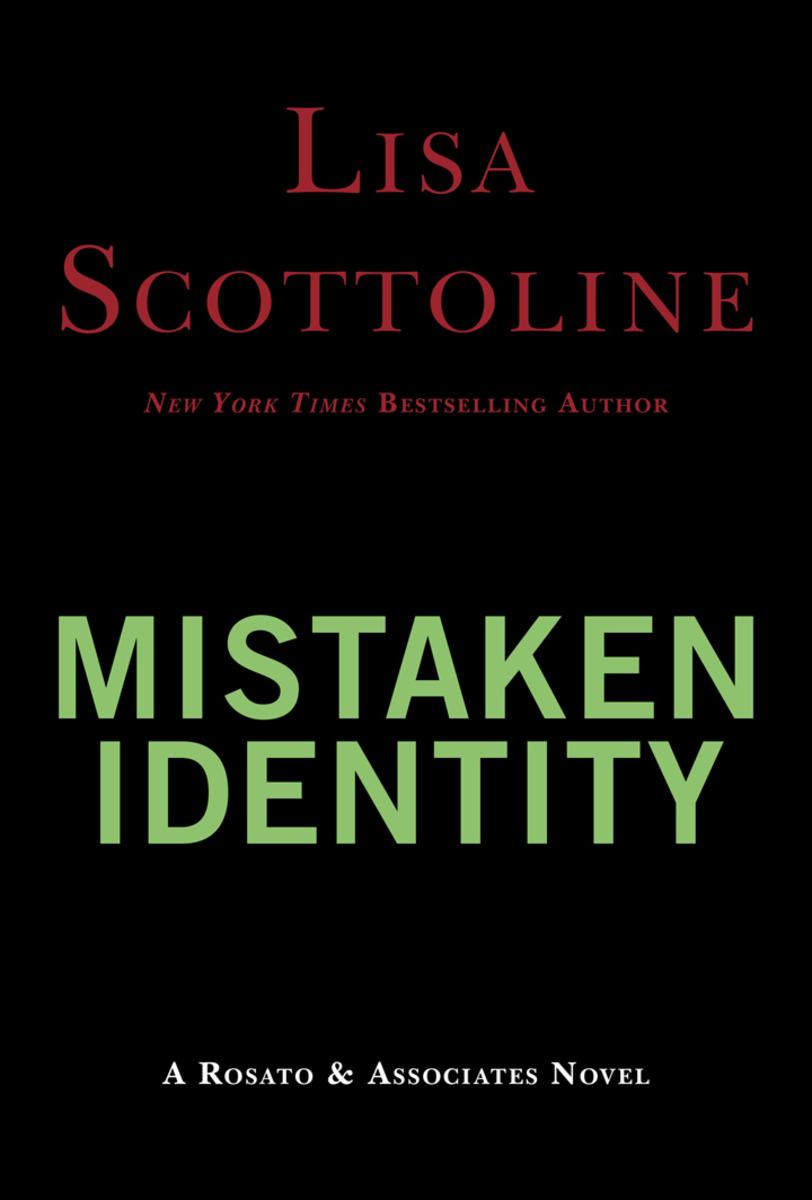
Mistaken Identity
¥95.39
Nothing can prepare criminal attorney Bennie Rosato for her new client, Alice Connolly, who bears an uncanny physical resemblance to her and tells her, "Pleased to meet you. I'm your twin." But Bennie grew up an only child. She doesn't have a twin. Or does sheBennie takes on the woman's defense in a murder case and plunges into the mystery of the murder—as well as the secret of her own identity. Not until the verdict is in will she finally learn the truth.
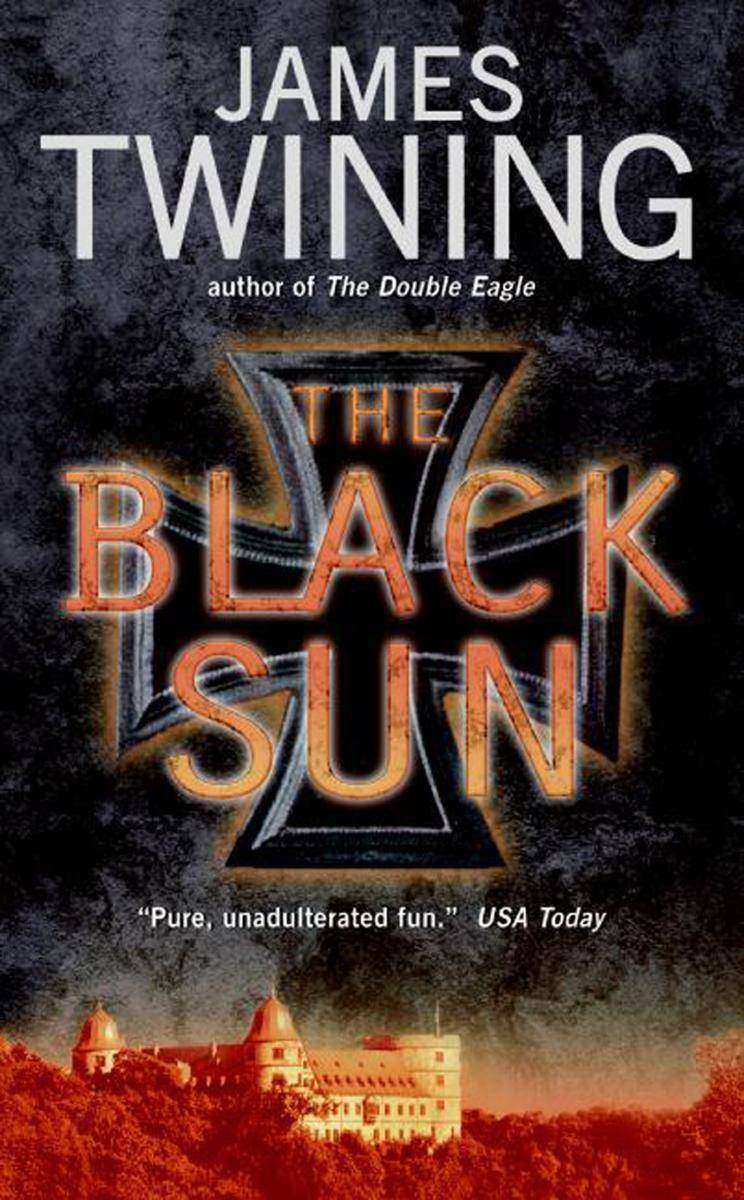
The Black Sun
¥56.07
It is a secret that has been hidden for more than a half century. . . . The clues have been scattered across the globe. Now someone has begun to piece them together—and the future of the world depends on his being stopped in time.In Maryland, a vicious gang breaks into the National Cryptologic Museum and steals a Nazi Enigma machine. In a London hospital, an Auschwitz survivor is murdered in his bed, his killers making off with a macabre trophy—his severed left arm. In Prague, a seemingly worthless painting is stolen from a synagogue. Three cities. Three puzzling thefts. Could there possibly be a connection?When former art thief Tom Kirk is first asked to investigate, the Prague theft certainly seems unremarkable enough—until the stolen painting turns up alongside the amputated human arm. As Tom digs deeper into the past, both items appear to be elements in an elaborate trail of clues laid down in the dying days of the Third Reich by a secret order of SS knights—clues that stretch from the remote mountains of Idaho to the snowy streets of St. Petersburg and ultimately lead to a fabled treasure lost in the ashes of war.Spurred on by the sinister light of the Black Sun emblem, ghosts from his past, and the poisonous manipulations of a deadly enemy, Tom finds himself trapped in a situation where the greatest prize of all is life itself—and not just his own. . . .
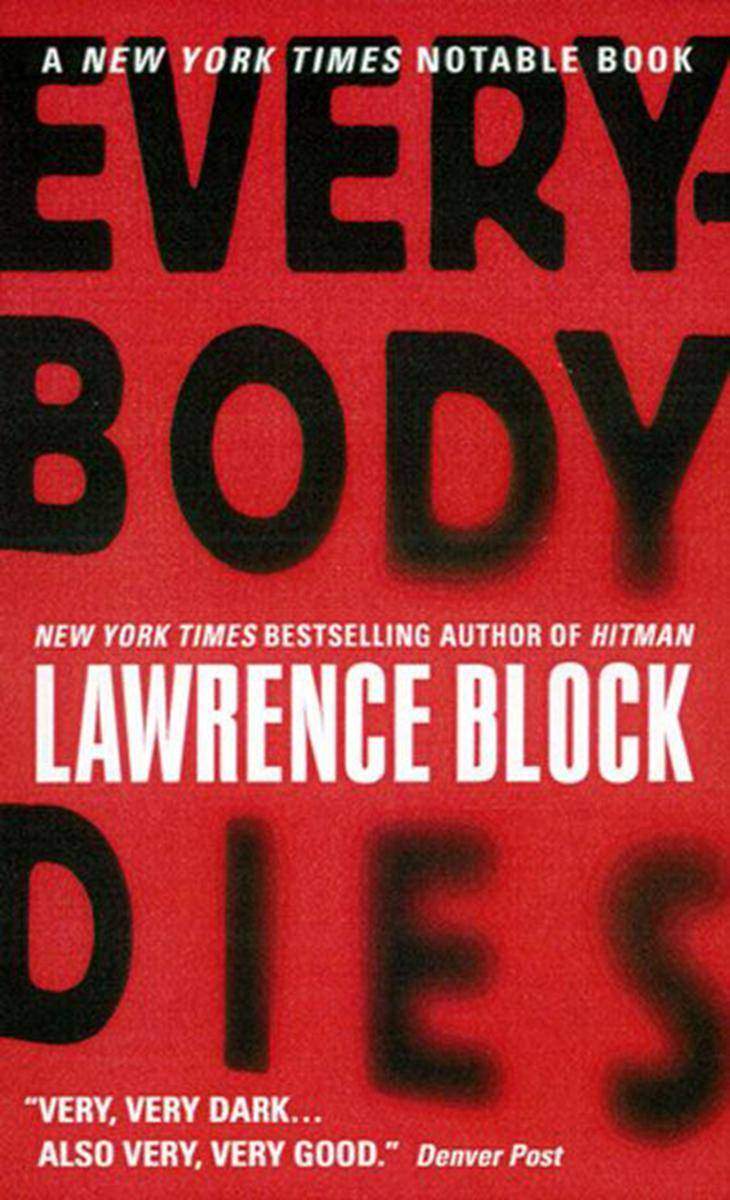
Everybody Dies
¥56.07
Matt Scudder is finally leading a comfortable life. The crime rate's down and the stock market's up. Gentrification's prettying-up the old neighborhood. The New York streets don't look so mean anymore.Then all hell breaks loose.Scudder quickly discovers the spruced-up sidewalks are as mean as ever, dark and gritty and stained with blood. He's living in a world where the past is a minefield, the present is a war zone, and the future's an open question. It's a world where nothing is certain and nobody's safe, a random universe where no one's survival can be taken for granted. Not even his own.A world where everybody dies.
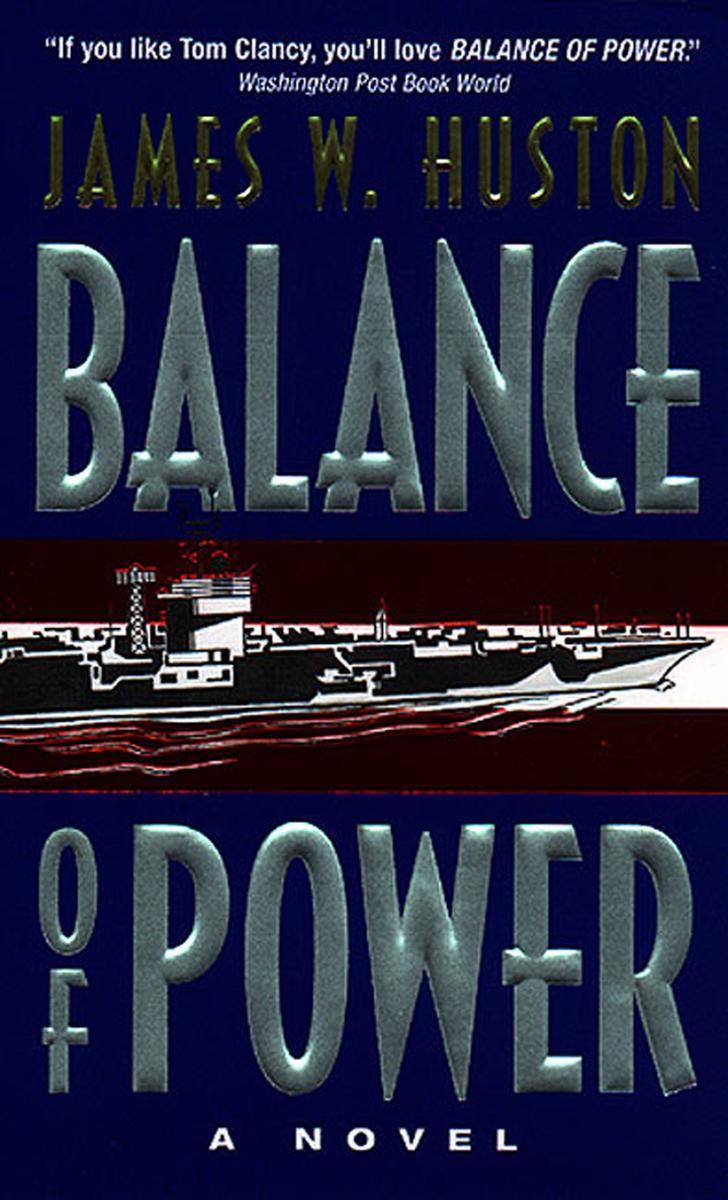
Balance of Power
¥69.16
Off the coast of Indonesia, an American cargo ship has been seized by terrorists, its captain kidnapped and its crew mercilessly slaughtered. In Washington, a peace-loving President's refusal to punish the transgressors has enraged the sitting Congress, led by a wrathful Speaker of the House.An ambitious young congressional assistant, Jim Dillon has discovered a time bomb hidden away in America's Constitution—a provision that could be used to wrest power from the Chief Executive, a long-forgotten law that could incite a devastating constitutional crisis . . . and plunge the country into chaos.Now, as a battle group steams toward a fateful confrontation in the Java Sea—commissioned by Congress and opposed by the President—Dillon finds himself in the center of a firestorm that rages from the highest court in the land to the killing fields half a world away. Suddenly there is much more at stake than the life of a single surviving hostage and a superpower's military credibility—as a great nation prepares for war . . . against itself.
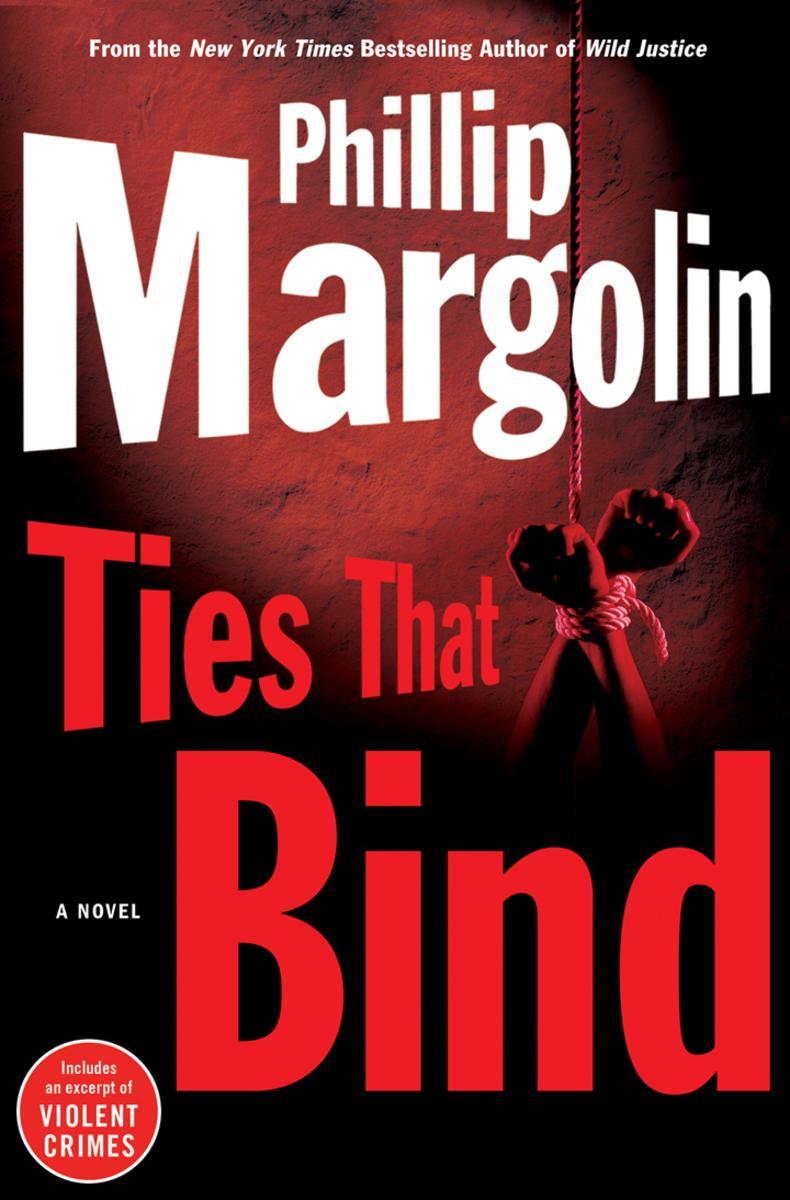
Ties That Bind
¥70.10
Phillip Margolin -- author of the smash New York Times bestsellersWild Justice and Gone, But Not Forgotten -- returns with a thrilling tale of politics, secrets, and murder . . .Amanda Jaffe was a rising star of Portland's legal community, until a run-in with a psychopath left her scared and craving anonymity. But her new case promises to keep her in the spotlight -- and in danger. Defending the accused murderer of a U.S. senator will place her and those she loves directly in the path of a deadly cabal with ambitions that extend all the way to the presidency of the United States . . .

Aftermath
¥83.92
One phone call from a concerned neighbor has inadvertently led police to Terence Payne, the elusive serial killer known only as "Chameleon." Now Payne is in custody, perhaps dying, and a long nightmare appears to be over at last. But is it?For Alan Banks—currently head of the local police force—too many questions remain unanswered at the chamber of horrors the press will dub the "House of Payne." Because the darkness has not yet lifted, the casualties are still mounting . . . and there are still monsters loose in the world.Showcasing the dark forces of human nature, master of suspense Peter Robinson is at the height of his storytelling powers in a novel that will leave readers guessing until the final page.
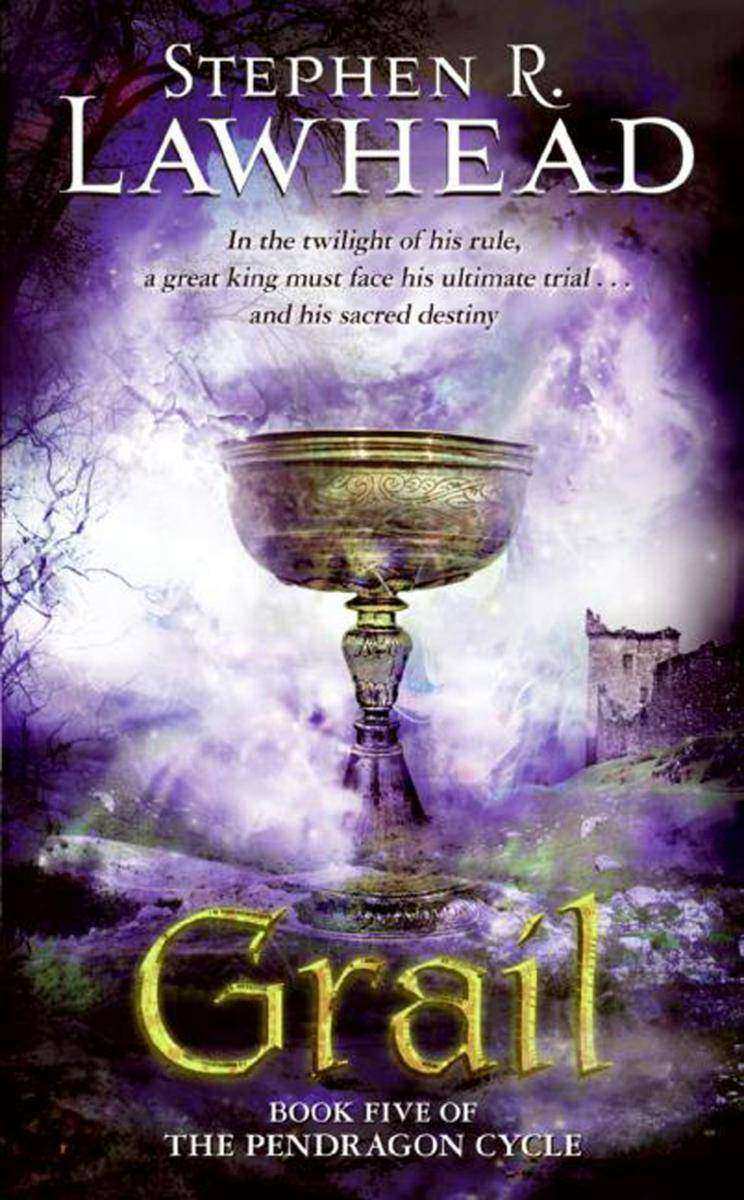
Grail
¥55.31
The legend of King Arthur has been told many times—but never with the strength and resonance, passion and richness granted it in Stephen R. Lawhead's masterfulPendragon CycleDrought, plague, and war have left the Isle of the Mighty battered and its heart, the beloved Arthur, grievously injured—until a secret relic is brought before the dying KIng; a Holy Grail that heals his wounds and restores his vigor.But soon evil enters the royal court in the guise of a beautiful maiden; a soulless, malevolent force capable of seducing the King's loyal champion, confounding the sage whom some call Merlin, and carrying the sacred Grail—and Arthur's adored Queen—off into the dark unknown. And now Arthur faces the greatest challenge of his sovererignty: a quest of recovery that must lead the noble liege through realms of magic and the undead, on a trail that winds inexorably toward a grim confrontation with his most foul nemesis . . . and his destiny.Drought, plague and war have left the Isle of Mighty battered and its heart, the beloved Arthur, grievously injured. But, astonishingly, the High King lives—his wounds healed and vigor restored by a sacred and secret relic: the Holy Grail.At Ynys Avallach, a dying Arthur was miraculously renewed. And now, in this time of rampant disease and death, the great king wants to share the Grail's curative powers with all who require it. A shrine will be built to house the holy treasure—and Arthur's fabled Kingdom of Summer will at long last come to be.But evil has entered the royal court in the guise of a beautiful maiden. Unbeknownst to Arthur, to his devoted warriors, to his adored Gwenhwyvar. . .even to the bard Myrddrin, the sage Emrys whom some have called "Merlin," malevolent forces, soulless and cunning, seduce the King's most loyal champion. And in an unthinkable unguarded moment, the Grail is carried off, vanishing somewhere into the dark unknown.Now Arthur faces the greatest challenge of his sovereig.
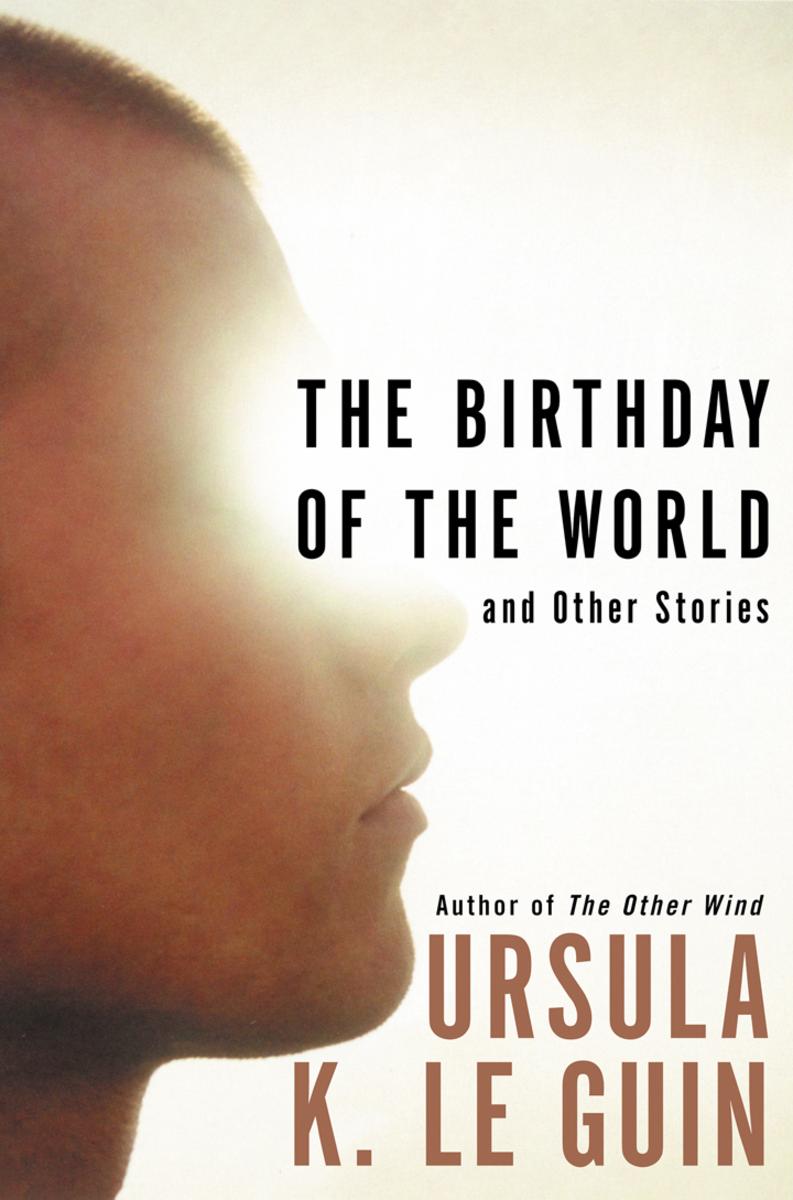
The Birthday of the World
¥88.56
For more than four decades, Ursula K. Le Guin has enthralled readers with her imagination, clarity, and moral vision. The recipient of numerous literary prizes, including the National Book Award, the Kafka Award, and five Hugo and five Nebula Awards, this renowned writer has, in each story and novel, created a provocative, ever-evolving universe filled with diverse worlds and rich characters reminiscent of our earthly selves. Now, in The Birthday of the World, this gifted artist returns to these worlds in eight brilliant short works, including a never-before-published novella, each of which probes the essence of humanity.Here are stories that explore complex social interactions and troublesome issues of gender and sex; that define and defy notions of personal relationships and of society itself; that examine loyalty, survival, and introversion; that bring to light the vicissitudes of slavery and the meaning of transformation, religion, and history. The first six tales in this spectacular volume are set in the author's signature world of the Ekumen, "my pseudo-coherent universe with holes in the elbows," as Le Guin describes it -- a world made familiar in her award-winning novel The Left Hand of Darkness. The seventh, title story was hailed by Publishers Weekly as "remarkable . . . a standout." The final offering in the collection, Paradises Lost, is a mesmerizing novella of space exploration and the pursuit of happiness.In her foreword, Ursula K. Le Guin writes, "to create difference-to establish strangeness-then to let the fiery arc of human emotion leap and close the gap: this acrobatics of the imagination fascinates and satisfies me as no other." In The Birthday of the World, this gifted literary acrobat exhibits a dazzling array of skills that will fascinate and satisfy us all.
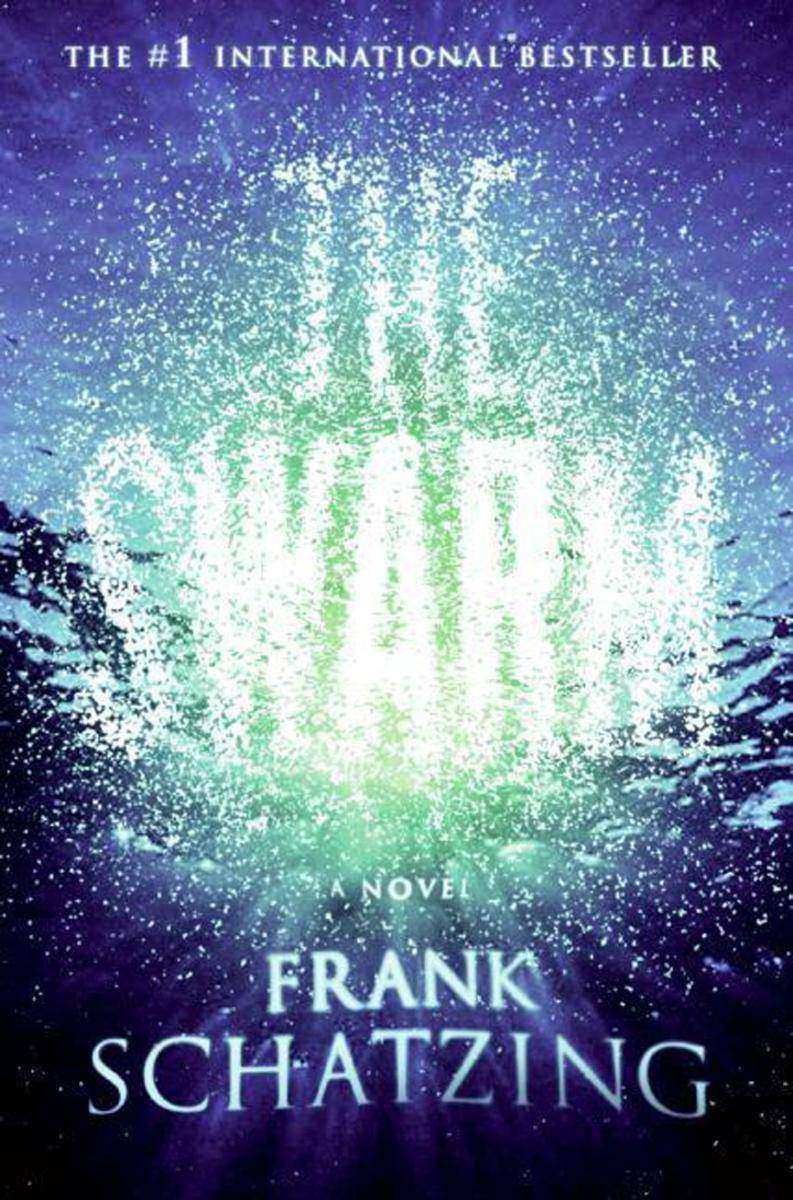
The Swarm
¥106.61
Whales begin sinking ships. Toxic, eyeless crabs poison Long Island's water supply. The North Sea shelf collapses, killing thousands in Europe. Around the world, countries are beginning to feel the effects of the ocean's revenge as the seas and their inhabitants begin a violent revolution against mankind. At stake is the survival of the Earth's fragile ecology—and ultimately, the survival of the human race itself.The apocalyptic catastrophes of The Day After Tomorrow meet the watery menace of The Abyss in this gripping, scientifically realistic, and utterly imaginative thriller.
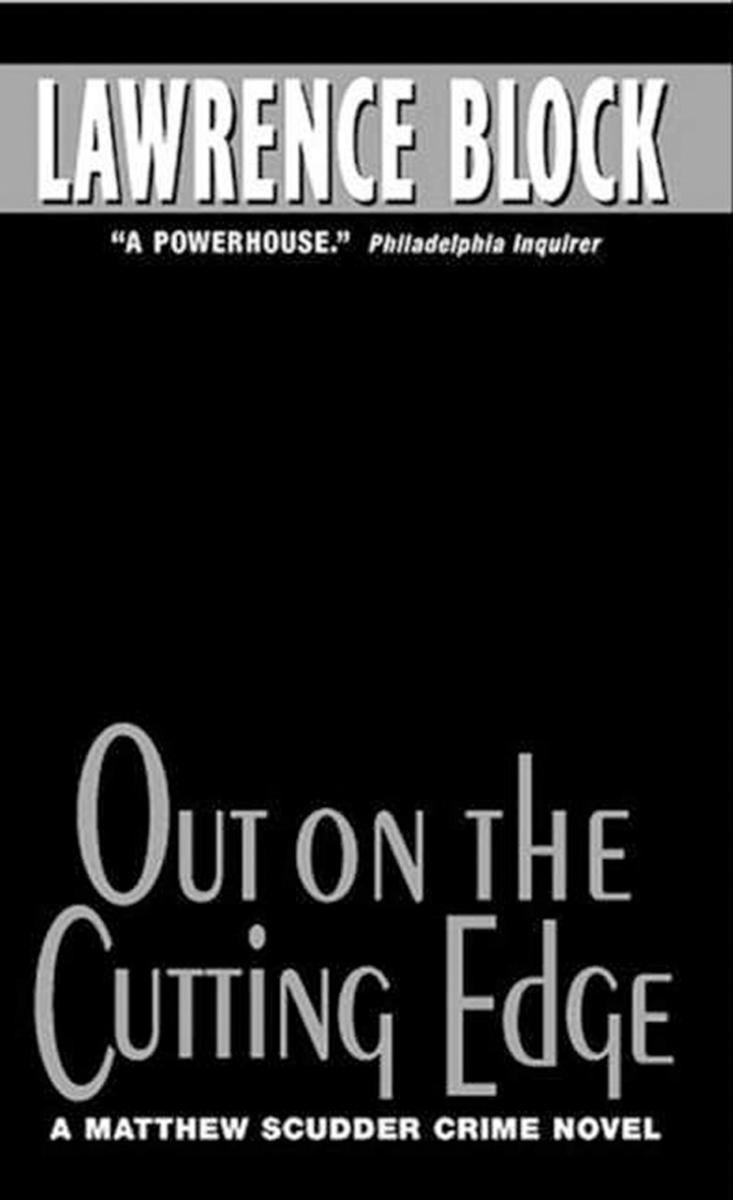
Out on the Cutting Edge
¥49.05
This is a city that seduces dreamers . . . then eats their dreams.Matthew Scudder understands the futility of his search for a longtime missing Midwestern innocent who wanted to be an actress in the vast meat-grinder called New York City. But her frantic father heard that Schudder is the best—and now the ex-cop-turned-p.i. is scouring the hell called Hell's Kitchen looking for anything that might resemble a lead. And in this neighborhood of the lost, he's finding love—and death—in the worst possible places.
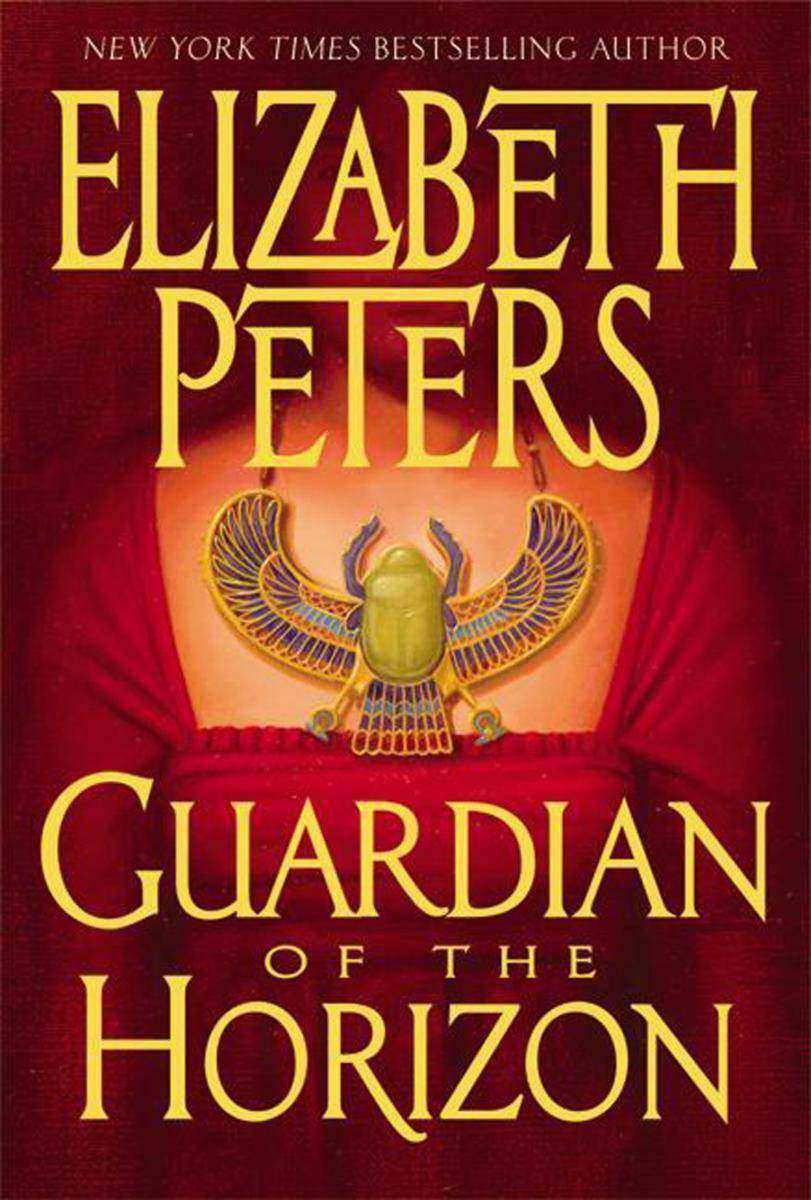
Guardian of the Horizon
¥70.10
Readers have long wondered what befell the Emerson clan during the years before the Great War. Now, at last, the silence is broken and the truth revealed of a perilous journey to a secret and mysterious place hidden deep in the heart of the unforgiving desert. An adventure prompted by loyalty to an endangered friend -- and spurred on by lies and treachery -- it leads Amelia Peabody and her intrepid family into a nest of vipers lying in wait at a remote mountain fortress. And when a dark past and a shocking mystery are ultimately discovered, a loved one may be lost forever.
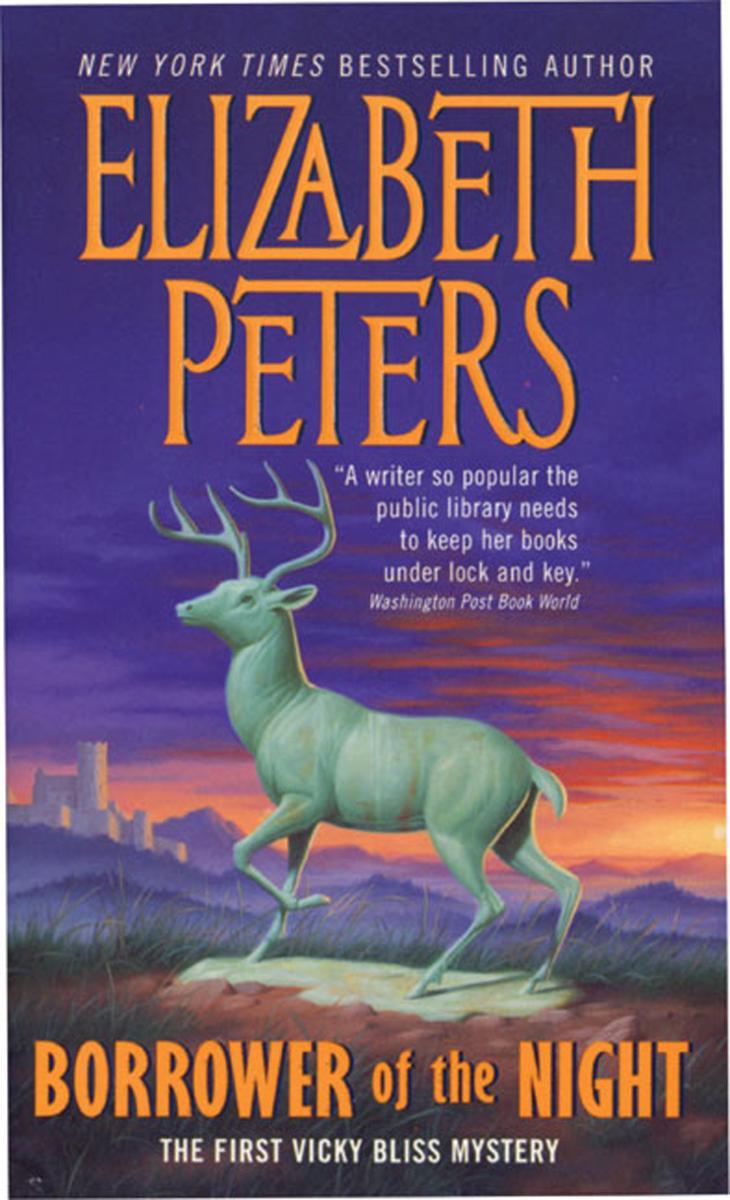
Borrower of the Night
¥69.16
Meet art historian Vicky Bliss, She is as beautiful as she is brainy--with unassailable courage, insatiable curiosity, and an expertise in lost museum treasures that often leads her into the most dangerous of situations.A missing masterwork in wood, the last creation of a master carver who died in the violent tumult of the sixteenth century, may be hidden in a medieval German castle in the town of Rothenburg. The prize has called to Vicky Bliss, drawing her and an arrogant male colleague into the forbidding citadel and its dark secrets. But the treasure hunt soon turns deadly. Here, where the blood of the long forgotten damned stains ancient stones, Vicky must face two equally perilous possibilities. Either a powerful supernatural evil inhabits this place. . .or someone frighteningly real is willing to kill for what Vicky is determined to find.
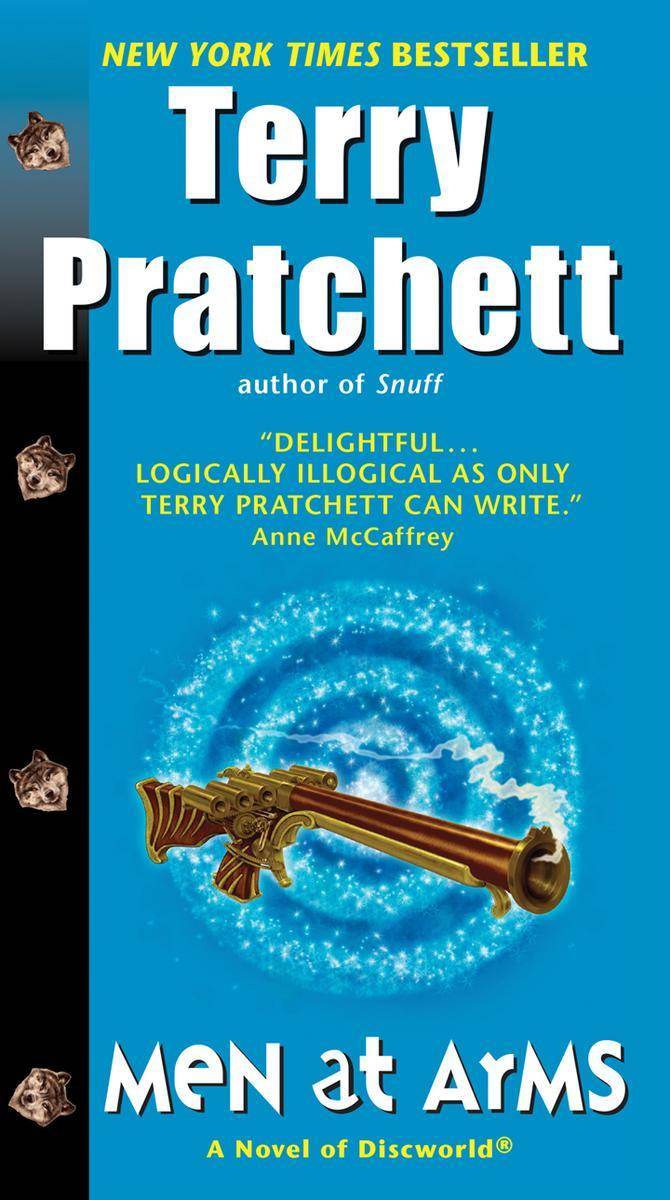
Men at Arms
¥69.16
A Young Dwarf's Dream Corporal Carrot has been promoted! He's now in charge of the new recruits guarding Ankh-Morpork, Discworld's greatest city, from Barbarian Tribes, Miscellaneous Marauders, unlicensed Thieves, and such. It's a big job, particularly for an adopted dwarf.But an even bigger job awaits. An ancient document has just revealed that Ankh-Morpork, ruled for decades by Disorganized crime, has a secret sovereign! And his name is Carrott... And so begins the most awesome epic encounter of all time, or at least all afternoon, in which the fate of a city—indeed of the universe itself!—depends on a young man's courage, an ancient sword's magic, and a three-legged poodle's bladder.
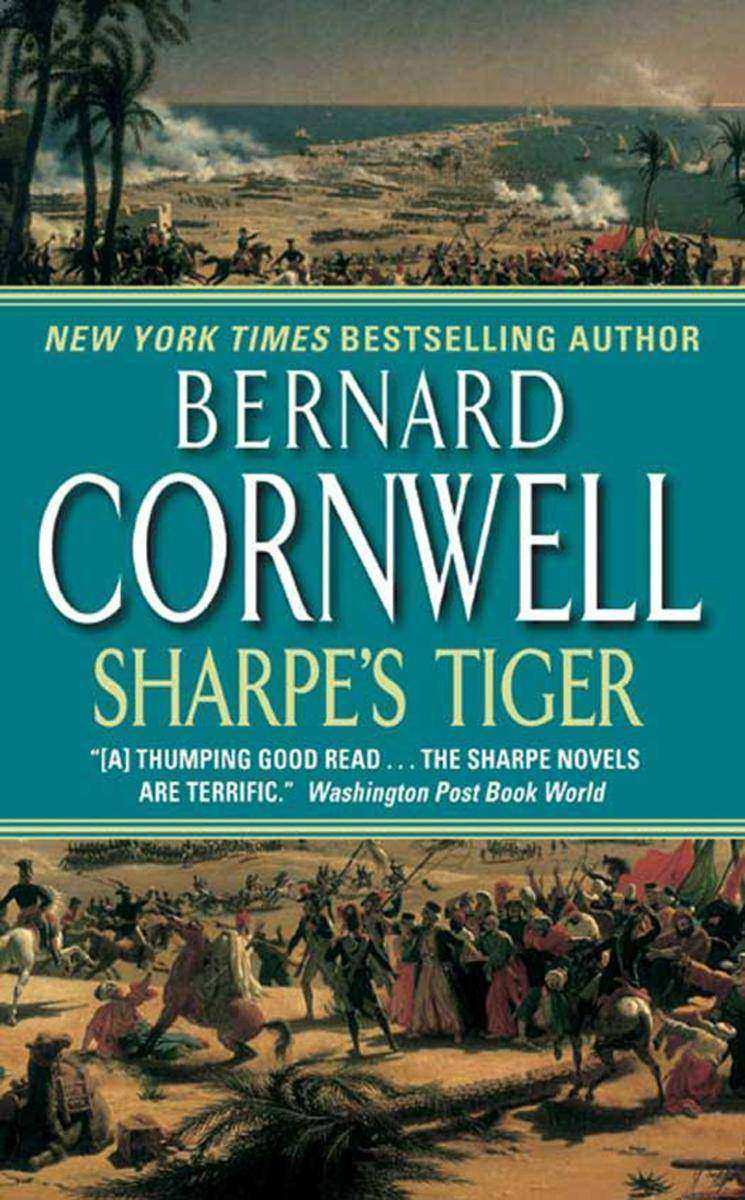
Sharpe's Tiger
¥94.10
In a battery of events that will make a hero out of an illiterate private, a young Richard Sharpe poses as the enemy to bring down a ruthless Indian dictator backed by fearsome French troops. The year is 1799, and Richard Sharpe is just beginning his military career. An inexperienced young private in His Majesty's service, Sharpe becomes part of an expedition to India to push the ruthless Tippoo of Mysore from his throne and drive out his French allies. To penetrate the Tippoo's city and make contact with a Scottish spy being held prisoner there, Sharpe has to pose as a deserter. Success will make him a sergeant, but failure will turn him over to the Tippoo's brutal executioners -- or, worse -- his man-eating tigers. Picking his way through an exotic and alien world. Sharpe realizes that one slip will mean disaster. And when the furious British assault on the city finally begins, Sharpe must take up arms against his true comrades to preserve his false identity, risking death at their hands in order to avoid detection and thus to foil the Tippoo's well-set trap.
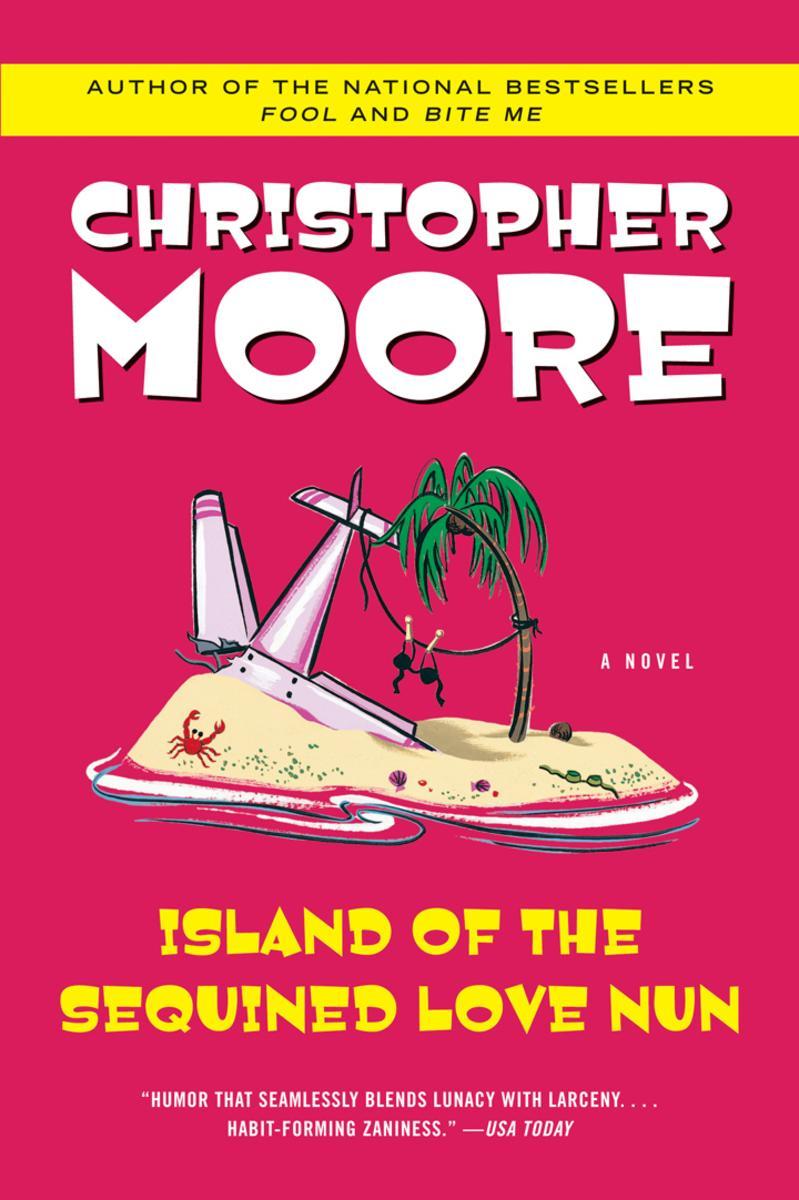
Island of the Sequined Love Nun
¥88.56
Take a wonderfully crazed excursion into the demented heart of a tropical paradise—a world of cargo cults, cannibals, mad scientists, ninjas, and talking fruit bats. Our bumbling hero is Tucker Case, a hopeless geek trapped in a cool guy's body, who makes a living as a pilot for the Mary Jean Cosmetics Corporation. But when he demolishes his boss's pink plane during a drunken airborne liaison, Tuck must run for his life from Mary Jean's goons. Now there's only one employment opportunity left for him: piloting shady secret missions for an unscrupulous medical missionary and a sexy blond high priestess on the remotest of Micronesian hells. Here is a brazen, ingenious, irreverent, and wickedly funny novel from a modern master of the outrageous.
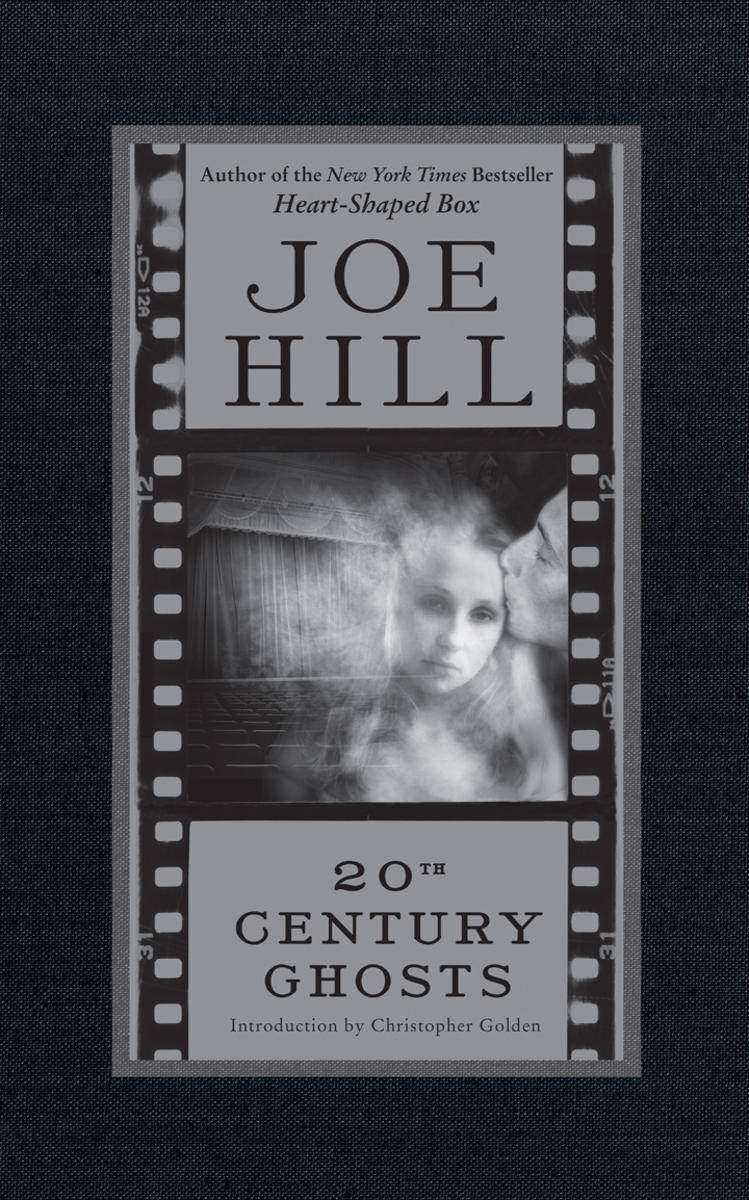
20th Century Ghosts
¥90.51
Imogene is young, beautiful . . . and dead, waiting in the Rosebud Theater one afternoon in 1945. . . . Francis was human once, but now he's an eight-foot-tall locust, and everyone in Calliphora will tremble when they hear him sing. . . . John is locked in a basement stained with the blood of half a dozen murdered children, and an antique telephone, long since disconnected, rings at night with calls from the dead. . . .Nolan knows but can never tell what really happened in the summer of '77, when his idiot savant younger brother built a vast cardboard fort with secret doors leading into other worlds. . . .The past isn't dead. It isn't even past. . . .




 购物车
购物车 个人中心
个人中心



